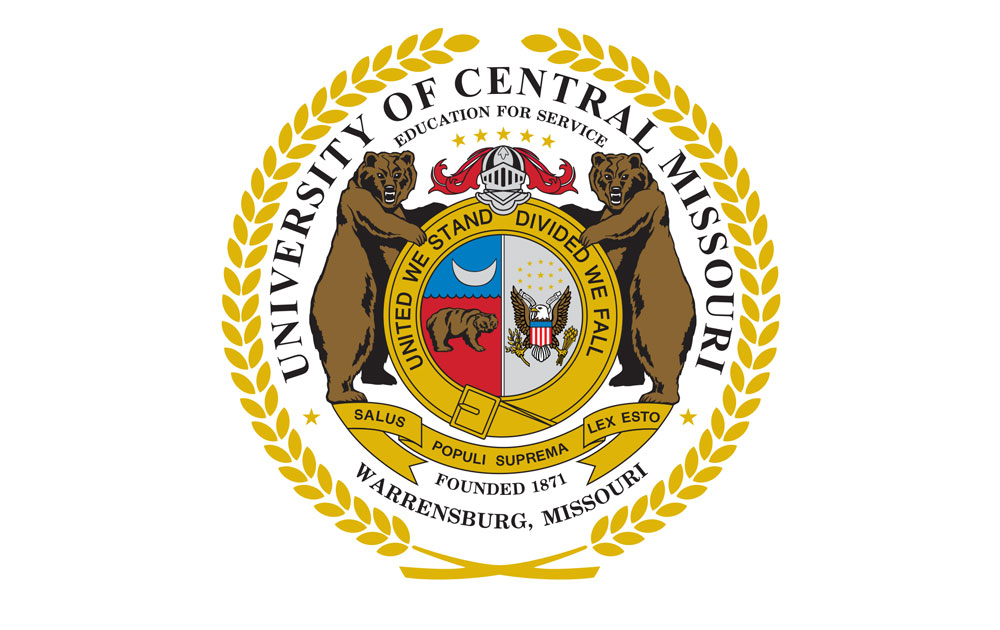By Jeff Murphy,
March 20, 2019

WARRENSBURG, MO – While continuing to make access and affordability priorities at
the same time the institution must secure financial stability, the University of Central
Missouri Board of Governors unanimously approved new academic fees, effective for
the fall 2019 semester. Rates set by the board were approved among several action
items March 15.
Bill Hawley, interim chief financial officer, presented the academic fee schedule
to the board. He said the Higher Education Student Funding Act (HESFA) sets a limit
on how much the university can increase tuition taking into consideration the rate
of inflation and reductions in state appropriations, and current tuition at the university.
The HESFA formula allows the cap for student tuition and fees for on-campus resident
undergraduate students who are averaging 30 credit hours to increase to the annual
rate of $7,735.15 for Fiscal Year 2020. While the tuition can be raised a total of
$368.95 over the FY 19 rate for UCM students, in approving fees, the board voted to
waive $2.60 per credit hour off the cap. This results in a $12 increase in tuition
per credit hour, from $223 to $235 for on-campus resident undergraduates. This equates
to an FY20 charged rate for tuition and fees of $7,650.90 for resident undergraduate
on-campus students. On-campus resident graduate tuition is increasing $15 per credit
hour, from $298.50 to $313.50.
In addition to the academic fee schedule, students also pay general fees that cover
athletics, facilities, Pertle Springs, student activities, technology, Student Recreation
and Wellness Center, testing and the Ed Elliott Student Union. These fees are increasing
approximately 1.3 percent overall.
While the university has strived to keep costs to students as low as possible, Hawley
said mandatory expenses related to the Missouri State Employees Retirement System,
faculty promotions and rising inflationary costs, in addition to static or decreased
state funding, make it necessary to consider tuition increases to cover operational
expenses and to help the institution from falling behind financially. Board action
comes as the university is anticipating flat state appropriations for FY20. Appropriations
received for FY19 were 5 percent less than FY16, while average annual tuition and
fees have only increased an average of 0.9 percent since FY16.
“During this same time period, the CPI (Consumer Price Index) average was 1.5 percent
a year,” Hawley said. “This year’s CPI was 1.9 percent.”
Hawley noted that while the university has faced financial challenges posed by factors
beyond its control, the university has continued to look at scholarships as a way
to help the institution stay affordable for students.
“We have increased funding for scholarships by 62 percent in the last 10 years,” Hawley
said. “Since 2016, when state appropriations started to decrease, our funding for
scholarships has increased by 27 percent.”